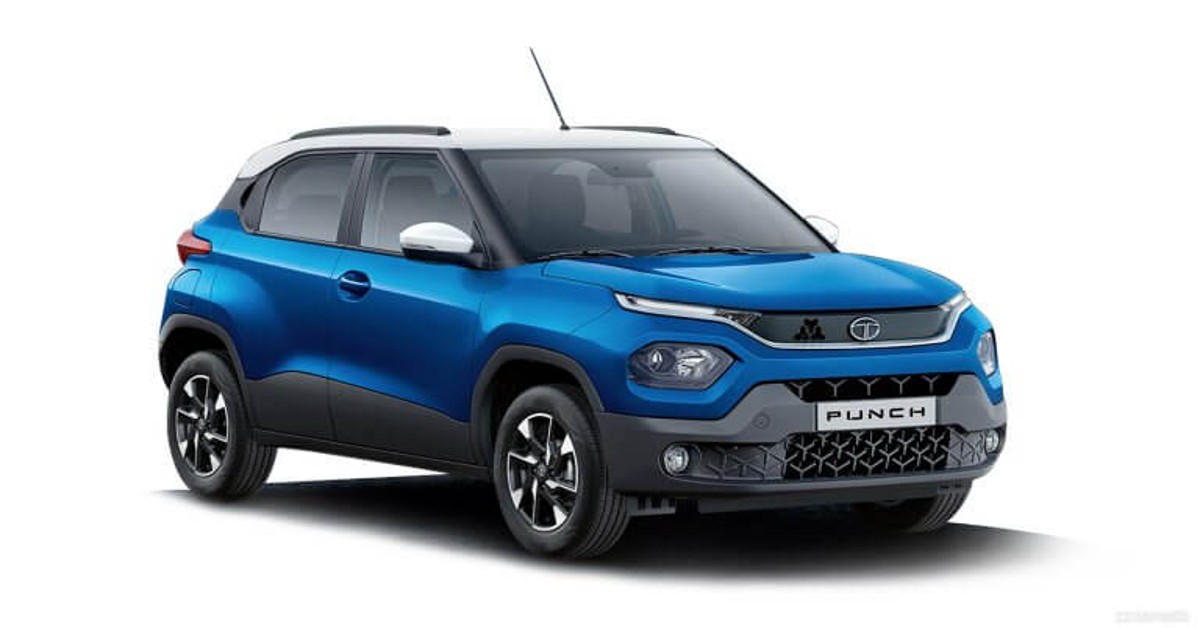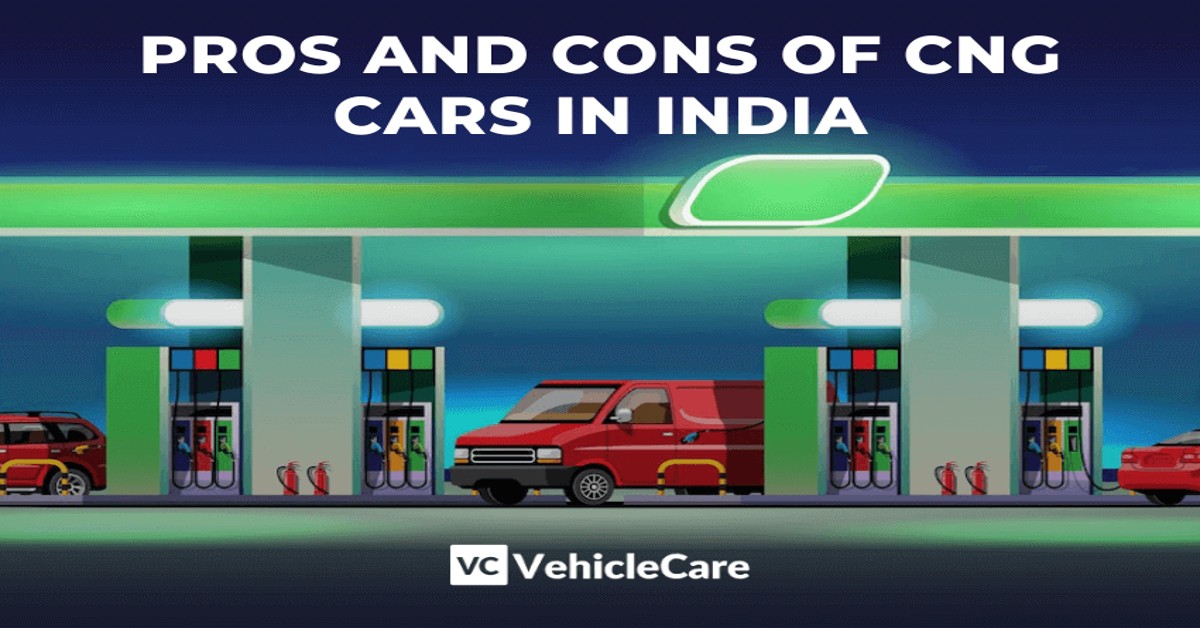Compressed natural gas, or CNG, is an environmentally beneficial alternative to petrol. CNG cars have non-toxic components that do not pollute nature and groundwater. That feature makes it better and more environmentally friendly than petrol and diesel.
It is made by compressing natural gas, methane, to less than 1% of its original volume. This is the same natural gas that you use every day to heat your home and water, cook on the stove, and even dry your clothes in the dryer. Both commercial and non-commercial cars are increasingly using CNG as a fuel.
Natural gas from a local gas (utility) line arrives at the station at a low pressure. It’s the same gas that heats your house and powers your clothes drier.
The fuel is subsequently compressed to a greater pressure by an underground compressor. After the natural gas has been compressed, the CNG is delivered to storage tanks so that it can be used immediately.
In commuting applications, compressed natural gas can be employed. You’ll need either a specialized CNG vehicle or a bi-fuel vehicle to use CNG in your car. A dedicated CNG vehicle is one that only operates on compressed natural gas.
A bi-fuel car is one that can run on either petrol or compressed natural gas. If you don’t have one of these vehicles, you’ll need to engage a licensed CNG installer to install a conversion kit in your vehicle if you want to use CNG instead of petrol or diesel.
CNG is very friendly to the environment. It produces very less air pollution which is beneficial for the environment. Natural gas, rather than diesel or petrol, helps to minimize small soot particles that can aggravate asthma and other respiratory problems.
Let’s have a look at the pros and cons of CNG cars in India:
Table of Contents
Advantages of CNG Cars

Eco-Friendly Alternative
To begin with, CNG cars are far more environmentally friendly than petrol-powered vehicles. Compressed Natural Gas (CNG) emits far fewer hydrocarbon emissions than LPG, petrol, or diesel. Therefore, CNG is the most preferred and good choice for car owners. It is very environmentally friendly for society.
Engine Performance Improvements
Because CNG cars use clean fuel, they have a healthier engine. When using CNG, the spark plugs and converters remain in good condition. As a result, Compressed Natural Gas provides a more efficient engine by reducing carbon deposits during combustion.
Economical
CNG is cost-effective and saves you a lot of money. Other fuel sources have more fluctuating prices, whereas CNG has a more consistent price.
Maintenance Costs are Reduced
Because CNG is a clean fuel, your car will not clog, resulting in lower maintenance expenditures. You may save a lot of money with reduced maintenance expenditures, which include less oiling, greasing, and part replacement.
Disadvantages of CNG Cars
Less storage space
Compartments in cars are stored with CNG tanks which are present in the cargo. Because of this, space becomes very less as it takes a lot of extra space in the back of the car which causes problems for the passengers.
You should always keep in mind that you will lose much of your car’s cargo space and capacity if you purchase a CNG car or even if you decide to change your car from a regular one to a CNG-equipped car.
Purchase costs are higher
Car producers and manufacturers make and offer diesel cars, petrol cars, and CNG cars to their customers. However, CNG cars are more expensive and costly than the other two because of their features. Some cars do not have a CNG kit already available inside. Owners in that case have to pay extra money to get equipped in their cars.
Reduced efficiency
CNG vehicles are well-known for their environmental friendliness. However, this feature doesn’t come so easily. It comes at the expense of the performance. The acceleration is less efficient in a CNG car compared to other cars.
Availability is limited
The biggest problem that CNG car owners face is that CNG fuel stations are very limited. Because of this many people get skeptical when they think of buying a CNG car.
Many parts of our country don’t offer this fuel as it is not easily available. Even in cities where CNG fuel is available, the number of CNG stations is restricted, making it difficult for CNG to become widely used.
Is a CNG Car worth buying?
CNG cars can save you a lot of money in the long term, even if petrol cars have higher performance, lower beginning expenses, and reduced maintenance costs.
It is unquestionably a superior option, given the large volatility of petrol costs and the minute volatility of CNG prices. When compared to a petrol-powered car, CNG can provide superior mileage.
Petrol cars are twice as expensive as CNG ones. The current rates are 108 for petrol and 49.40 for compressed natural gas. If you need a car for daily travel, CNG is an excellent option.
If your trip is just on a sporadic or irregular basis, you should choose petrol. Petrol will cost you roughly 4000 to 5000 rupees if you fill up your tank before beginning your journey. CNG, on the other hand, will only achieve roughly 1000 to 1200 miles per gallon.
Does CNG reduce engine life?
Many engines that have been modified to run on CNG or LPG have a longer lifespan than equivalent engines that run on petrol. One reason is that clean-burning gas does not degrade engine oil as much as petrol does, resulting in longer engine and oil life. You don’t need gas to grease the cylinders since the splash from the always-new crankcase oil does it.
If the engine is set up for CNG, it has no effect on the engine’s longevity. However, if you use CNG in your petrol car, the engine life would be drastically reduced. Because the intake and outflow valves are not lubricated, the valves and cylinder will corrode.
When we utilize fuel, it acts as a lubricant for both the valve and the cylinder. Many buses in Ahmedabad run on compressed natural gas (CNG) with a compression ratio of 18.
When we utilize CNG with a higher compression ratio than a petrol car with a compression ratio of 8 to 12, we are making effective use of it. However, due to the poor lubricating quality of gasses, all buses require extensive maintenance.
Maintenance of CNG Cars
Although CNG cars are inexpensive, they do need good maintenance. When compared to petrol, CNG is a highly combustible gas. Accidents can occur even if there is a minor leak from the CNG cylinder or fuel line. That is why maintaining a CNG vehicle is so crucial.
Let’s have a look at some tips to maintain your CNG Car:
Replace your spark plugs with CNG-compatible ones
Because they are responsible for fuel combustion, spark plugs are one of the most crucial components of an engine. Make sure you replace your spark plugs with CNG-compatible ones when installing a CNG kit. If you can’t find CNG-compatible spark plugs, you’ll have to narrow the distance between the spark source and the spark plug’s metal tip.
Unauthorized CNG kits must be avoided
Modern CNG automobiles come with factory-installed CNG kits, and it’s always preferable to buy a CNG car with a CNG kit already installed. However,
the majority of individuals attempt to convert their petrol cars to CNG cars, and in the process, they wind up having a local mechanic install a CNG kit. Avoid using local dealers or mechanics to install CNG kits because this could result in leaks or damage to the car’s mechanicals.
Checks on a consistent basis
Check the cylinder and fuel lines for leaks or damage on a regular basis if you own a CNG vehicle. Overfilling the cylinder should also be avoided, as this can result in gas leaks.
CNG leakage can be deadly because it can result in an explosion. As a result, you should inspect the cylinder for symptoms of damage or leaks on a regular basis, and if necessary, have the CNG kit serviced by a qualified technician.
Avoid Using Low-Quality Accessories
When installing a CNG kit, avoid utilizing low-quality parts. Check to see if the cylinder and fuel lines are of good quality and made according to industry requirements.
Make sure the CNG kit you purchase is compatible with your vehicle. If the kit is incompatible with the automobile or of poor quality, there is a great risk of fire or damage to the car’s components.
CNG Car vs. Petrol Car
Mileage
- Compressed Natural Gas (CNG) is used in CNG cars, and the fuel is measured in kilograms rather than liters.
- When compared to a petrol car, a CNG vehicle has a high fuel economy.
- For example, the Wagon R’s CNG version gets 32.52 kilometers per kilogram of CNG. In comparison, the petrol model gets 21.79 kilometers per liter of petrol.
Engine Life
It is said that the use of CNG fuel will make your engine lifespan shorter than it usually is. However, this is just another myth and misconception regarding CNG fuel. The correct use of CNG kits installed in factories will help your car’s engine live longer and work with more efficiency.
Modern CNG cars with factory-installed CNG kits are equipped with an ECU (Electronic Regulation Unit) that allows for precise fuel delivery control.
The components of the engine are made keeping in mind the fuel of CNG. Because of that the lifespan of the engine doesn’t get affected. With proper care and maintenance, you can have the most of your car and its engine as it will work smoothly.
Maintenance
CNG cars and petrol cars components that are used in the mechanics of the car are completely identical and the same. However, the CNG kit is different. It includes things like the tank and fuel lines among all the other components of a CNG car.
Both CNG and petrol cars require the same basic maintenance. However, a CNG car requires more care and attention as it has many other components attached to it. The rest of the car’s maintenance is similar to that of a petrol car.


